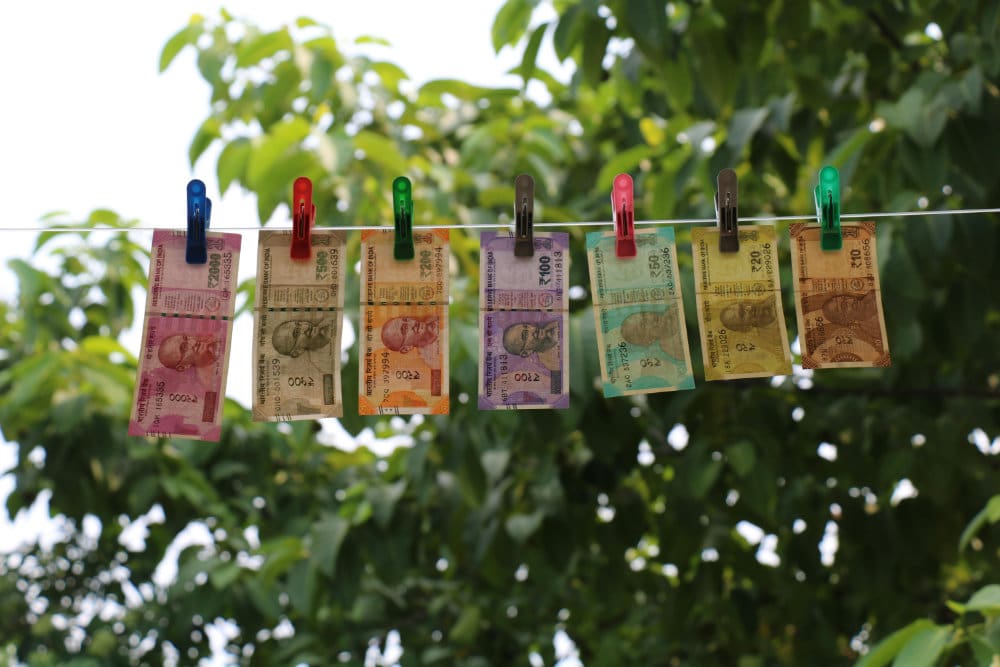Having money outside of your home jurisdiction in an international bank account is an absolutely crucial part of a solid internationalization and diversification plan. As an expat who has lived abroad my entire life, I’ve had dozens of bank accounts around the world over the years.
Don’t simply open any old foreign bank account. Additionally, don’t rush into it without considering a few important matters first. This article will cover four critical points you should be aware of before opening an international bank account.
Table of Contents
When opening an international bank account, keep the following four things in mind.
1. Where should you consider opening an international bank account?

There are many jurisdictions in the world, and they all have their pluses and minuses. And it’s important to choose one that is right for your own needs, including which bank.
So you not only need to choose the right jurisdiction, but the right bank within the jurisdiction. There is no single best international business bank account, it depends on many factors:
- How much money do you want to deposit?
- Where do you live?
- What is your citizenship?
- What do you want to do with that money? Do you want to just save the money, just keep it?
- Is it a transactional bank account that you intend to use on a regular basis, also with a credit or debit card?
- Do you want to buy financial products that they’re selling?
- Do you want to trade stocks, because some banks offer trading platforms?
- Where are you going to be sending money to and receiving from?
- Are you involved in crypto?
- If you’re American, your options are typically very limited as most banks int he world do not want to deal with the compliance risk of having US clients.
You don’t just wake up one day and say, “I’m going to open a bank account in Switzerland.” In many cases Switzerland won’t work well for your particular case.
You’ll just end up spending days online contacting banks and wasting your time.
For example if you do a lot of business with Latin America, then don’t open a bank account in Georgia, because Georgian compliance teams will flag transfers to and from Latin America. For that, you’re better off going to Panama, the US (if you’re not American) or some Caribbean or British destinations.
2. Don’t try to hide your money

I often have people get in touch with me trying to hide money. We’re not in the 90s anymore. There are vast automatic information exchange programs that will expose you and result in you facing legal issues back home.
- For American there is FATCA. Essentially every bank in the world will report everything about your foreign accounts to the IRS
- For everyone else there is the Common Reporting Standard (CRS). Every year, CRS member countries share your bank account information with your country of declared tax residency. Most countries have signed up to CRS, and those that haven’t are typically bad international banking options anyways.
- Within the EU there is also automatic information exchange.
- There are bilateral agreements between some countries that share even more information.
3. Understand your obligations back home when you open an international bank account
You need to understand your obligations with regard to your country of tax residency. Some countries require you to disclose all of your overseas bank accounts and assets on a yearly basis. For the US, this applies based on citizenship (FBAR).
For people from other countries, you want to look into your country of tax residency and understand what the disclosure rules are. Because, again, if you don’t follow these rules correctly, you can get busted for tax evasion.
This should not deter you from opening an international bank account. You just need to be aware of the disclosure requirements, which are typically not complicated.
4. Approach the bank in a clear way
International bankers are sensitive creatures. They do not like “risk” and mostly try to cover their butts. If they get a whiff of sketchiness or weirdness, they will decline your account.
You must understand that in a world of endless printed money, your money isn’t worth much to them. Money is plentiful. Only weak banks will try hard for your money.
Therefore, the way you approach banks is extremely important. You must present yourself well in writing and in person (or online). Your background story must be clear, as well as the source of funds. The bank must understand why you seek to open an account with them, and not some other bank. I wrote about Reasons to Open an Offshore Bank Account that you may find helpful.
International banking is not retail banking. It’s not like walking to a local bank in your home country. The rules and the etiquette are very different.
And once a bank rejects you, you typically get blacklisted by them. There isn’t an endless supply of decent banks willing to open international accounts for non-residents; you must tread carefully.
The Wandering Investor can help with your internationalization plans
If you want to discuss obtaining other residencies, citizenships, international real estate markets, etc on top of international banking, then you will be well served by our Internationalization & Diversification consulting.
To a World of Opportunities,
The Wandering Investor.
Other articles on International Banking
- Pros and cons of international banking in Mauritius
- Pros and cons of international banking in Panama
- Pros and cons of international banking in Georgia
- 9 Reasons to Open an Offshore Bank Account
Subscribe to the PRIVATE LIST below to not miss out on future investment posts, and follow me on Instagram, X, LinkedIn, Telegram, Youtube, Facebook, and Rumble.
My favourite brokerage to invest in international stocks is IB. To find out more about this low-fee option with access to plenty of markets, click here.
If you want to discuss your internationalization and diversification plans, book a consulting session or send me an email.



I hve dual citizenship in U.S and Malta actual citizenship in Malta. i inherited a small piece of property from my dad over 20 years im splitting with my cousins. My attorney in Malta is super intelligent the tax is low in Malta i have passport , id and im considered a local. It was small property from a long time ago and we all want to just sell. I have a basic checking account in Malta but one thing i heard my attorney say is ” the problem is how to get it out” i dont mind leaving any money there in malta but we are trying to become and will be permanent residents of Panama. Do i leave in malta or can i bring to Panama both including U.S all scare me. I don’t know what to do with money i just want to sit with it until i can find something in Panama to help me build a big business or something. I live and work in U.S. but I work 24/7 365 and housing food is better in Panama. Its nit a lot but its beter than nothing. I have to pay taxes in Malta i knkw but i really dont like U.S banks and besides i want to be in Panama and will be openkng an account there. Nkw there is issies im reading EU (malta now part of E.U) to Panama
The easiest option is to get the money sent directly to the US from the lawyer’s or notary public’s escrow account. If you just deposit the money on your Maltese account and a year later ask for the money to be transferred to Panama, you will have major issues. It’s best that the money comes to the US clean from an escrow account, with all the appropriate documentation, and then sent to Panama once you are set-up there.